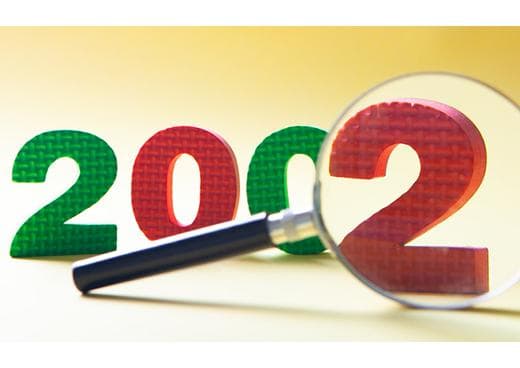
Waiting for better things
Rudolf N. Cardinal, joint winner of the Society's 2002 Award for Outstanding Doctoral Research Contributions to Psychology, writes about his work.
18 December 2004
Share this page
We and other animals are driven to act by rewards, be they primary biological rewards like food, shelter and sex, or more complex social or personal goals. When animals act, they are sometimes rewarded (or reinforced) immediately, but often this is not the case. A foraging animal must choose an area in which to search for food, and a predator must choose which prey to stalk; in both cases, the meal may be some time in arriving. Humans regularly make financial and career decisions based on outcomes that are years or even decades away. So to be successful, animals must learn to act on the basis of delayed reinforcement. If the reinforcers are the same, this won't be an issue: offered the choice between two identical rewards, one available now and one available some time off, animals consistently and sensibly prefer not to hang about. But if the delayed reward is bigger than what's being put on a plate, it may be wise to wait for the larger bounty.
Download PDF for article.